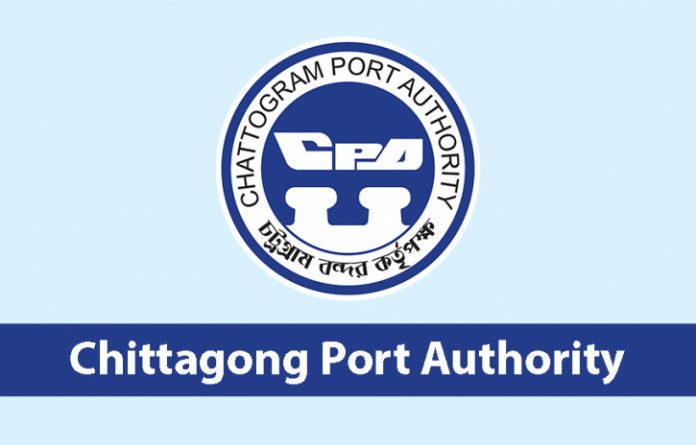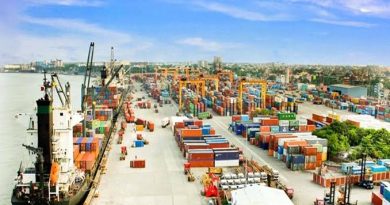The Chittagong Port Authority (CPA) has initiated a process to recruit new berth and ship-handling operators in a bid to enhance competition and efficiency at the country’s prime seaport, despite protests from existing operators.
Officials said the decision was made as the current number of operators can no longer meet the growing volume of goods and containers handled at the port. The CPA currently has around 60 licensed berth and ship-handling operators, but port activities have expanded significantly over the years.
“It makes little sense to have the same stevedores who once handled 200,000 tonnes of goods when the port now deals with 130 million tonnes of cargo and 3.3 million TEUs of containers,” a CPA official said.
The port authority on Thursday issued a circular inviting applications for new operator licences by October 31, following a decision by the Ministry of Shipping. The circular, signed by the CPA Director (Traffic), outlined detailed eligibility requirements for applicants.
Applicants must be Bangladeshi citizens and demonstrate experience and training in loading and unloading goods or containers at any port in the country. They must also submit documents proving access to necessary equipment, workforce capacity, and a business agreement with a ship-owner, shipping company, charterer, or customs-approved shipping agent.
Additionally, applicants need to provide proof of financial capability, income tax and VAT registration, trade licences, insurance coverage for workers, and relevant experience certificates. A non-refundable pay order of Tk 100,000 must accompany each application.
The CPA said licences will be issued only after thorough verification and selection to ensure that new entrants can operate efficiently and transparently. The move, it added, aims to make port operations more dynamic and cost-competitive.
Currently, ship-handling operators—previously known as stevedore companies—manage about 75 per cent of bulk cargo at the port and employ around 2,500 workers.
The CPA last attempted to appoint new operators in 2021, but the process was delayed for two years and later halted by a High Court order after eight operators challenged the initiative. The suspension led to a monopolised unloading process, raising costs and drawing complaints from businesses over lack of competition.






